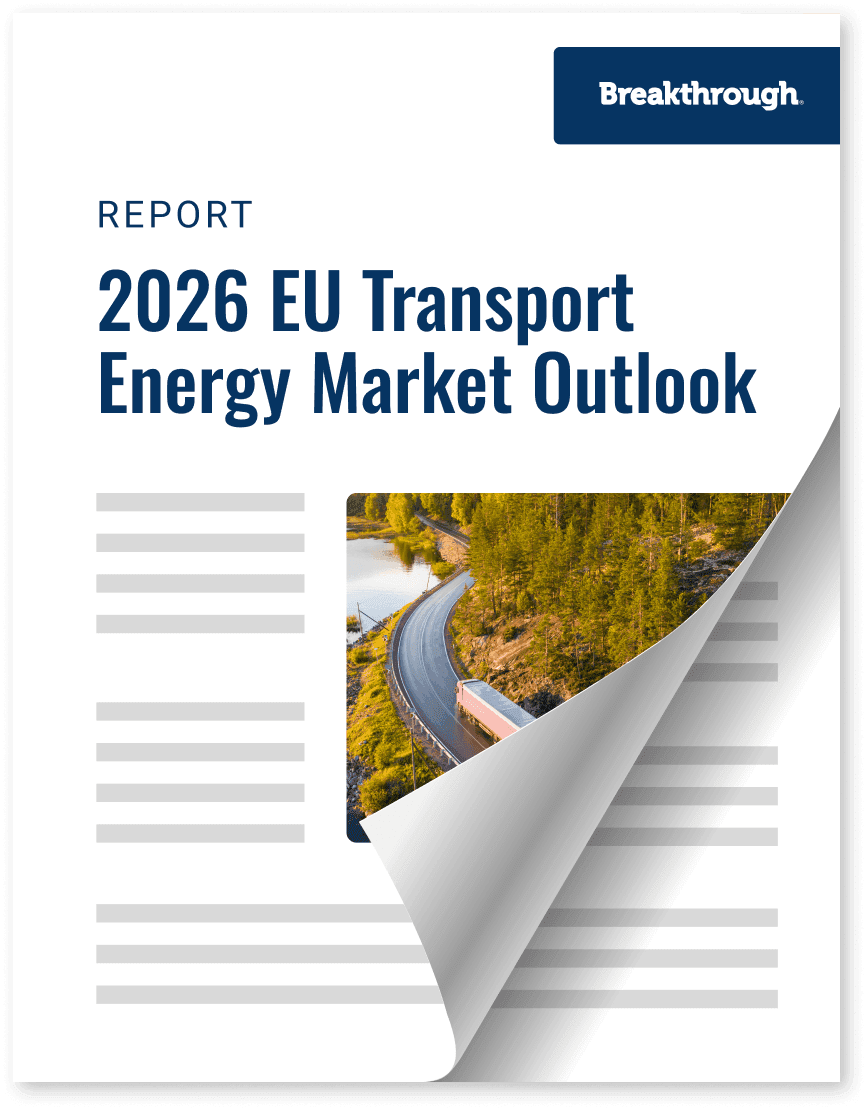2026 EU Transport Energy Market Outlook

Trending
Top Posts
Fuel
Turn Fuel Costs into Savings with Expert Fleet Optimization Strategies
7 min read
January 30, 2026
Market Events
How English Language Proficiency Enforcement Will Shape the 2026 Freight Market
5 min read
January 22, 2026
Freight
Reefer Rates Explained: What’s Driving the Trends?
5 min read
January 20, 2026
2 min read
June 19, 2017

Share:
The Transpacific Stabilization Agreement (TSA), a collaborative forum for ocean container shipping lines serving the world’s second-largest trade lane between Asia and North America, has announced it will no longer publish its guideline formula for calculating fuel costs. Instead, the TSA will only offer a single weekly average fuel price for the six million 40-foot containers that travel the trade lane annually.
TSA member lines, including Maersk, MSC, and Hapag-Lloyd, “determined that rapidly changing market conditions, sailing characteristics and cost structures made it impractical to continue publishing a single TSA recommended guideline formula.” The TSA website further notes, “TSA lines will use the weekly average fuel prices as a resource, but may also factor in their own distinct costs and pricing objectives in developing their bunker charge policies which, in any event, have always been subject to individual adaptation.”
The TSA will offer only the weekly average fuel price moving forward. Precise fuel cost calculations require knowledge of vessel efficiency, trade lane distance and geography, transaction timing, tax and fuel prices.
The change to TSA member lines’ fuel pricing methodology comes while marine fuel costs are a clear focus for the industry. Bunker Fuel makes up most of an ocean carrier’s operating costs (as much as 75 percent) and carriers will likely experience upward price pressure soon. Container lines are preparing for the International Maritime Organization’s requirement for ships to burn low-sulfur bunker fuel starting in 2020. This regulatory change has, and will continue to make bunker fuel costs a talking point for the next few years, as it could cost the industry more than $50 billion.
Breakthrough expects this change will create more uncertainty in an already changing marine environment. Breakthrough offers a Marine Fuel Management solution designed to create transparency and consistency in fuel reimbursement practices. Learn more on our Solutions page or contact us to set up a call.

7 min read
January 30, 2026
Maximize performance with proven fleet optimization strategies. Learn how to manage driver compliance and leverage expanding fuel margins for real savings.
Read more
5 min read
January 22, 2026
Stricter English Language Proficiency rules are impacting driver capacity. See our data on how this is leading to upward linehaul rate pressure in 2026.
Read more
5 min read
January 20, 2026
Understand the latest trends in reefer rates. Our data analysis dissects if the market is in a seasonal swing or facing a true inflection point.
Read more